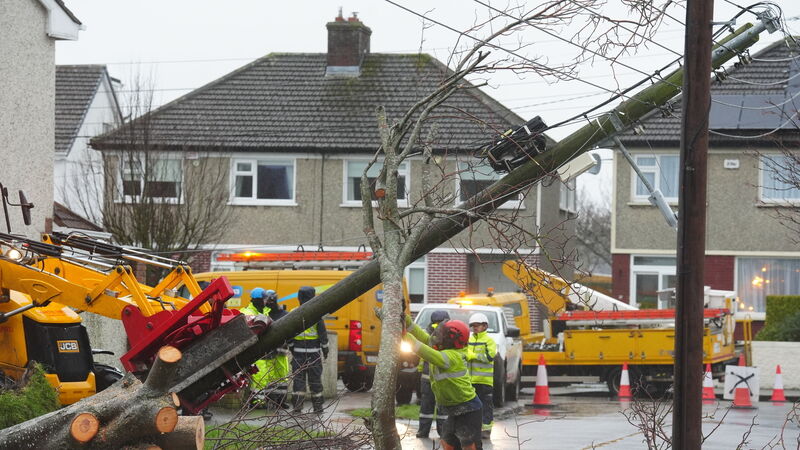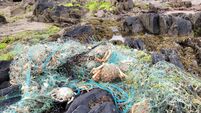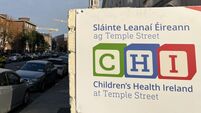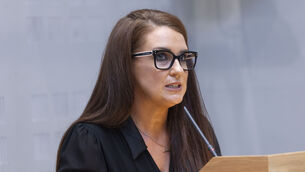Taoiseach to tell world leaders at Cop30 Storm Éowyn showed 'climate change is a reality'

Storm Éowyn left 768,000 premises without power, more than 200,000 without water, more than one million telecom customers without broadband or phone coverage, and widespread agricultural damage.
The Taoiseach will today demand "political leadership" on climate change from his fellow world leaders, using Ireland's experience with Storm Éowyn to highlight how "climate change is a reality right now".
In a speech to the leaders at the COP30 climate summit, Micheál Martin will also claim Ireland is on target to increase international finance for climate measures to €225m this year, as it committed to do at COP26 in 2021.
Check out the Irish Examiner's WEATHER CENTRE for regularly updated short and long range forecasts wherever you are.












